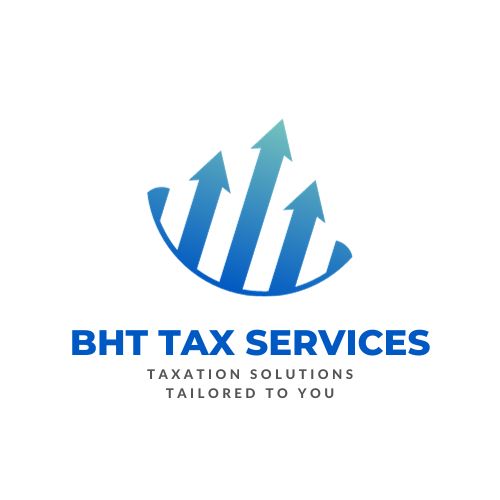
Navigating tax season can be stressful, especially when trying to determine the cost of professional tax services. Whether you’re an individual filing a simple return or a business owner with complex tax needs, understanding the pricing structure of tax services can help you make informed decisions and budget effectively. In this comprehensive guide, we’ll break down the factors influencing tax service costs and provide detailed insights into what you can expect to pay.
Factors Influencing the Cost of Tax Services
1. Complexity of the Tax Return
One of the primary determinants of tax service costs is the complexity of your tax return. Individuals with straightforward W-2 income typically pay less than those with investments, rental properties, or self-employment income.
- Simple Tax Returns: These include basic filings with a single W-2 form and no additional schedules. Costs range from $100 to $200.
- Moderate Complexity: If you have itemized deductions, investment income, or a few 1099 forms, expect to pay between $200 and $400.
- High Complexity: Taxpayers with rental properties, multiple income streams, or small business owners may face costs upwards of $500 to $1,000 or more.
2. Type of Tax Professional
The type of professional you hire significantly affects the cost.
- CPAs (Certified Public Accountants): CPAs are highly trained professionals and tend to charge more due to their expertise. Rates typically range from $150 to $400 per hour.
- Enrolled Agents (EAs): These federally licensed tax experts are a cost-effective option, charging between $75 and $300 per hour.
- Tax Preparers at Retail Chains: Services like H&R Block or Liberty Tax may offer standardized pricing, usually costing $150 to $300 for individual returns.
3. Geographic Location
Location also plays a significant role in pricing. Tax services in urban areas with higher costs of living are generally more expensive than in rural areas. For instance:
- Urban Areas: Fees may range from $300 to $800 for moderate returns.
- Rural Areas: Similar services could cost $150 to $400.
Average Costs for Specific Scenarios
Individual Tax Returns
For individuals filing Form 1040 without itemized deductions, the average cost is around $200 to $250. Adding itemized deductions or multiple sources of income could increase the cost to $400 or more.
Small Business Owners
Business owners filing a Schedule C along with their 1040 form typically pay $500 to $1,500, depending on the number of deductions and the complexity of their business finances.
Corporations and Partnerships
Corporations (Form 1120) and partnerships (Form 1065) require more in-depth expertise and can cost anywhere from $750 to $3,000 or more, depending on the size of the business and the complexity of the tax return.
Additional Services and Their Costs
Tax Planning
Tax planning services help minimize your liability throughout the year and are particularly beneficial for business owners and high-net-worth individuals. The cost ranges from $100 to $400 per hour, depending on the professional.
Audit Representation
If you’re audited by the IRS, hiring a professional for representation is essential. CPAs and EAs charge $150 to $500 per hour for this service.
Amended Returns
If you need to correct errors on a previously filed return, preparing an amended return can cost between $150 and $500, depending on the complexity of the changes.
Bookkeeping Services
Combining bookkeeping with tax preparation often provides cost savings. Bookkeeping fees range from $30 to $100 per hour, and bundling with tax services may result in discounted rates.
Ways to Reduce Tax Preparation Costs
1. Organize Your Financial Records
Providing organized documentation reduces the time a tax professional needs to spend on your return, potentially lowering the cost.
2. Use Tax Software
For simple returns, tax preparation software like TurboTax or H&R Block online versions can save money. Prices typically range from $20 to $120, depending on the complexity.
3. Bundle Services
Many firms offer discounts when combining services like bookkeeping, tax planning, and tax preparation.
Choosing the Right Tax Service for Your Needs
1. Evaluate Your Needs
If your tax situation is simple, a retail tax preparer or software might suffice. However, for complex scenarios, hiring a CPA or EA ensures accuracy and compliance.
2. Check Credentials
Always verify the credentials and experience of the tax professional. Look for certifications like CPA or EA and confirm they are in good standing.
3. Request a Quote
Many tax professionals offer free consultations. Use this opportunity to request a detailed estimate of costs based on your specific situation.
Conclusion
Tax preparation costs vary widely depending on the complexity of your return, the professional you choose, and your geographic location. While prices can seem high, hiring a qualified tax professional often results in greater accuracy, peace of mind, and potential savings through expert tax planning. Investing in the right tax service ensures compliance with IRS regulations and optimizes your financial outcomes.
